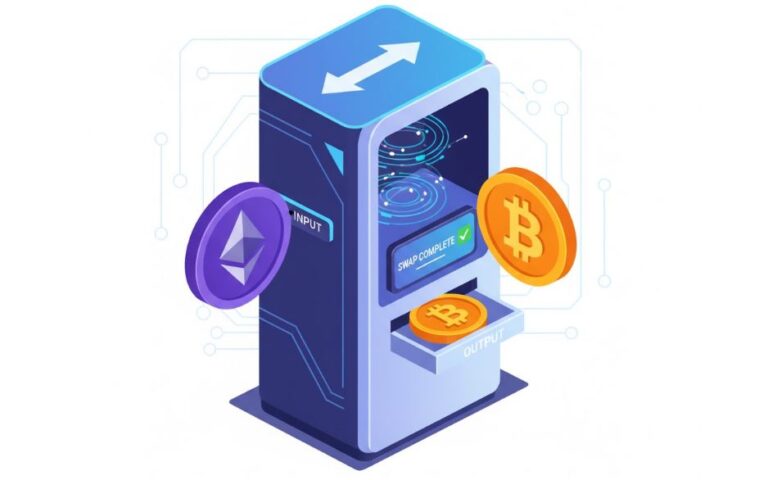Your first paycheck hits your account, and for a second, you feel unstoppable. You worked for this. You see that number and start thinking about everything you can finally buy, the shoes you’ve been eyeing, a trip with friends, maybe that new gadget everyone’s talking about. And honestly? You deserve to enjoy a bit of it. But somewhere between the excitement and the bills, a small thought creeps in: “Wait… how do I make sure I don’t end up broke again before next payday?”
That’s the moment where financial health really starts, not when you hit a certain number, but when you start paying attention. The truth is, most of us weren’t taught how to handle money beyond “save some.” We learned how to do algebra, not how to budget. So it’s no surprise that the first few years of making money can feel like trial and error.
The good news is, building financial health doesn’t mean turning into someone who never spends or has fun. It’s about creating a system that lets you enjoy life now and later. A little structure goes a long way. Think of your money as a tool, one that can either work for you or quietly slip away if you’re not watching.
Here’s the thing that usually surprises people: getting from your first paycheck to your first $100,000 isn’t about earning a massive salary. It’s about consistency. It’s about putting a small amount away every month, automating it so you don’t have to think about it, and letting time do the heavy lifting. Compound growth, that’s when your money earns money — is slow at first, then kind of magical later on. It’s like planting a tree: the early months don’t look like much, but one day you’ve got shade.
But before investing or saving can even start, you have to deal with the basics. Track your spending for a month, not to judge yourself, but just to see where it’s actually going. Most people are shocked by how much disappears into delivery fees, random subscriptions, or coffee runs that blend together. Once you see the pattern, it’s easier to make small changes that actually stick.
And don’t underestimate the power of an emergency fund. It’s not exciting, but it’s the difference between a minor inconvenience and a full-on crisis when life throws a curveball, which it will. Even having one month of expenses tucked away can feel like a superpower.
As you earn more, resist the temptation to upgrade everything instantly. That’s lifestyle creep, when your expenses grow just as fast as your income. The trick is to let your money grow faster than your lifestyle. Celebrate your wins, sure, but also let future-you enjoy some of those wins too.
By the time you reach your first $100,000, it won’t just be about the number. It’ll be about the habits that got you there, the quiet confidence of knowing your bills are covered, your savings are growing, and your choices are yours to make.
Financial health isn’t about getting rich quick. It’s about building stability and freedom one paycheck at a time. And the best part? Once you start, you realize it’s not as hard or complicated as it seems. You just have to care enough to begin.








